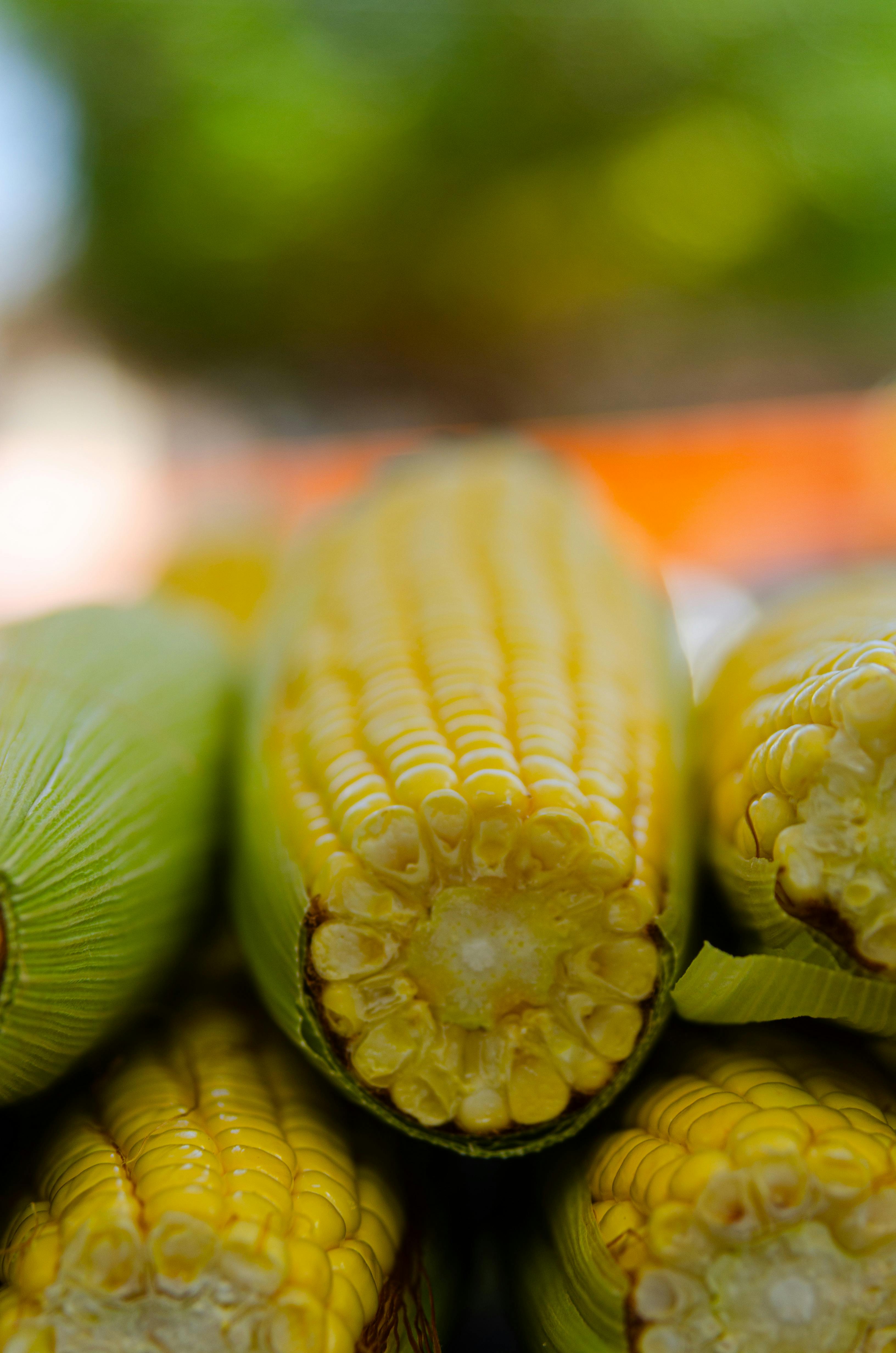Effective Ways to Determine How Long THC Stays in Your Body in 2025
Understanding how long THC (tetrahydrocannabinol) stays in your system is crucial for individuals who use cannabis, particularly in light of drug testing protocols that vary across workplaces and regions. Factors such as your frequency of use, body composition, and hydration levels impact THC elimination time. With evolving methodologies in THC detection and an increasing societal acceptance of cannabis, it’s important to grasp the nuances of THC's metabolism and clearance mechanisms. This comprehensive article will explore THC elimination dynamics, frequency of use effects, and the various testing methods employed to gauge THC levels in the body.
By the end, you’ll have a clearer understanding of how long THC can linger in your system, which factors contribute to its retention, and effective strategies for minimizing its impact on drug tests. Let's delve into the essential aspects of THC metabolism and clearance.
The Science of THC Metabolism
Understanding THC and Its Systemic Effects
THC is primarily metabolized in the liver, where it undergoes various chemical transformations leading to the production of metabolites. These metabolites can persist in bodily fluids for an extended period, depending largely on how THC is consumed—whether through smoking, vaporizing, or edibles. The smoking and vaping methods typically offer quicker onset due to rapid absorption through the lungs, while edibles can result in prolonged effects due to intestinal absorption.
THC Half-Life and Its Significance
The half-life of THC, the time it takes for the concentration of THC in the body to reduce by half, varies based on how frequently the individual uses cannabis. For infrequent users, THC is generally eliminated faster—often within a few days. In contrast, regular or heavy users might retain THC for weeks or even months due to higher body fat percentages, which is where THC tends to accumulate.
Factors Affecting THC Clearance
Numerous factors can impact THC clearance times. These include:
- Body Fat: THC is lipophilic, meaning it is stored in fatty tissues, affecting clearance duration.
- Hydration: Staying hydrated can help expedite detoxification.
- Frequency of Use: Heavy use can extend THC's presence in the system considerably.
By identifying these factors, individuals can better understand THC elimination dynamics and optimize their approach to cannabis use, particularly with drug testing in mind.
THC Detection Test Methods
Understanding THC Detection in Various Tests
Several types of drug tests are used to detect THC, each with different detection windows. Urine tests are the most common and can typically detect THC for up to 30 days after heavy use, while blood tests may only pick up THC within a few hours to a few days. Saliva tests also have a shorter window for detection, generally up to 72 hours post-consumption.
Urine Test Duration
THC can be detected in urine for varying lengths of time depending on usage frequency:
- Occasional Users: Approximately 1-3 days.
- Regular Users: 7-14 days.
- Heavy Users: 30 days or longer.
Understanding urine test positivity duration is vital for cannabis users anticipating a drug test.
Blood Test Duration
Unlike urine tests, blood tests are more accurately reflective of recent use. THC is detectable in blood for up to 6 hours for occasional users, whereas heavy users might show THC presence for up to a week. This short duration highlights the distinctions in testing methodologies and their implications for cannabis consumers.
Strategies for THC Detoxification
Detoxifying for Drug Tests
If you're looking to detoxify from THC, there are several strategies that may support this process:
- Hydration: Drinking plenty of water can aid in flushing out toxins from your body.
- Dieting: Consuming a diet high in fiber and antioxidants while avoiding processed foods may facilitate detoxification.
- Exercise: Engaging in regular physical activity can help burn fat, where THC is stored, thus promoting faster clearance.
Be sure to choose methods that are sustainable long-term rather than relying solely on quick fixes.
Natural THC Detox Recipes
Many individuals turn to natural remedies to aid their detoxification journey. Ingredients such as lemon, ginger, and green tea possess properties that may boost metabolism and support liver health. Incorporating these foods into your daily diet can help facilitate effective detox.
Common Myths About THC Testing
Demystifying THC Testing Perceptions
There are several common misconceptions surrounding THC testing that merit clarification. One persistent myth is the belief that consuming certain substances can immediately clear THC from the body. While maintaining good hydration and nutrition plays a role in overall health, no single remedy offers a guaranteed path to detoxification in a short time frame.
Misinformed Approaches to THC Clearance
Another widespread myth involves the use of detox drinks or kits that claim to flush out THC quickly. While some may produce short-term results in lab settings, they are often unreliable in real-world applications. Ultimately, patience and understanding of personal marijuana use will guide effective THC clearance strategies.
Concluding Thoughts on THC Duration and Clearance
Recapping Key Points
In summary, THC elimination time varies significantly based on factors such as usage frequency, body fat percentage, and the method of consumption. Understanding these dynamics can help users navigate the complexities of THC metabolism and drug testing confidently. Engaging in effective detox strategies can also assist those looking to reduce THC levels in preparation for potential testing.
As cannabis culture continues to evolve, ongoing discussions about THC's impacts, clearance times, and detection tests remain crucial for users seeking to make informed choices about their health and wellness.


